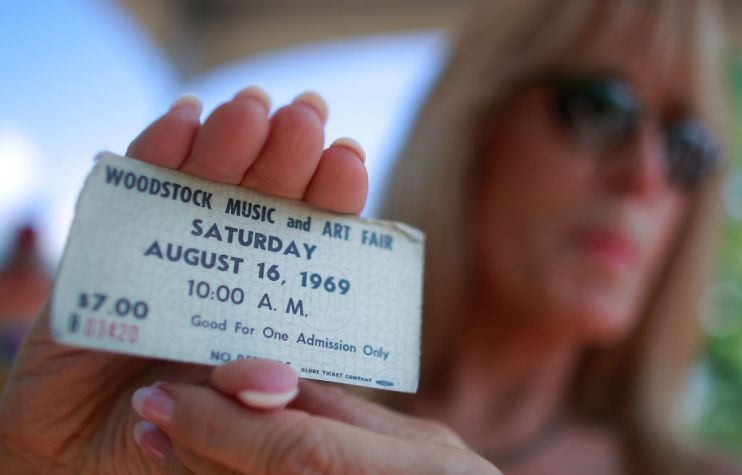That’s the ticket: Fans deserve a market built on transparency

Imagine you’ve long wanted to see your favourite band live. Then one day, they announce a tour, with a date in your hometown in eight months’ time.
This band hasn’t toured in a long time, and you know that they always draw in the masses.
What do you do? Buy the ticket, of course – and maybe another for a friend, so you don’t go alone.
Fast-forward six months. Now it’s clear that you will be travelling with work, or you’ve not been able to find anyone to go with you. What should happen?
If you can’t make the gig, you should be able to resell the ticket to someone else, at a mutually agreed upon price, on a secure and transparent marketplace. That gives other people who weren’t as quick off the mark when tickets went on sale the chance to go.
This is the essence of the secondary ticketing market. The transferability of tickets is necessary to achieve the best results for everyone. Without it, consumers lose their money, venues lose their valued customers, nearby restaurants and bars miss out on footfall, and your favourite band performs to a smaller crowd.
In recent years, the resale of tickets has come under scrutiny. Transparency has emerged as the pinnacle issue in the market, to ensure that consumers make informed purchasing decisions.
This is a positive step forward for the ticketing industry – the fans must come first.
Yet what is increasingly clear is that transparency with respect to the first sale of tickets – how many tickets are available for sale, at what price, and at what time – is lacking. Recent media reports have begun to raise valid questions about whether fans are getting a raw deal.
We know that when tickets go on sale, they are not all sold at once. In addition to pre-sale opportunities through fanclub memberships or having a particular credit card, it is an established industry practice in many markets to hold back tickets and release them for sale over time.
Increasingly, those tickets held back from initial sale are being priced differently from the tickets sold previously – not necessarily because they are better seats, but because the demand for the show justifies higher prices.
While that’s how supply and demand works in other markets, the lack of transparency and customer awareness around it is concerning.
Ironically, many of the industry players calling for transparency and fixed prices in secondary sales are resistant to adopting the same standards for themselves. Transparency in the ticketing industry must be holistic if the true objective is to put consumers first.
Our position is clear. In our ever-busy lives, choice and transparency are critical to creating the best possible fan experience. Fans should be aware of their purchasing options when trying to buy a ticket, and they should have the choice to purchase a ticket that is freely transferable to meet their own needs.
We believe that fans are best served by a safe, competitive, and transparent ticket market. Organisers across the ecosystem should be committed to this standard to support ticket buyers and sustain a healthy marketplace.
Main image credit: Getty